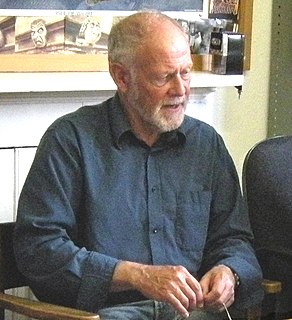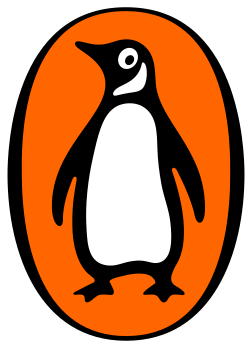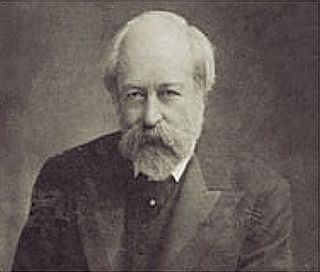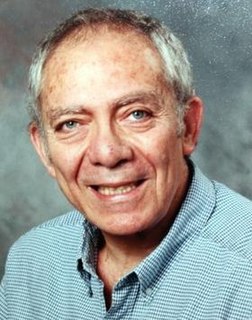Related Research Articles

Robert von Ranke Graves was a British poet, historical novelist, critic, and classicist. His father was Alfred Perceval Graves, a celebrated Irish poet and figure in the Gaelic revival; they were both Celticists and students of Irish mythology. Graves produced more than 140 works in his lifetime. His poems, his translations and innovative analysis of the Greek myths, his memoir of his early life—including his role in World War I—Good-Bye to All That, and his speculative study of poetic inspiration, The White Goddess, have never been out of print.

Robert Laurence Binyon, CH was an English poet, dramatist and art scholar. Born in Lancaster, England, his parents were Frederick Binyon, a clergyman, and Mary Dockray. He studied at St Paul's School, London and at Trinity College, Oxford, where he won the Newdigate Prize for poetry in 1891. He worked for the British Museum from 1893 until his retirement in 1933. In 1904 he married the historian Cicely Margaret Powell, with whom he had three daughters, including the artist Nicolete Gray.
Angus Lindsay Ritchie Calder was a British writer, historian, and poet. Initially studying English literature, he became increasingly interested in political history and wrote a landmark study on Britain during the Second World War in 1969 entitled The People's War. He subsequently wrote several other historical works but became increasingly interested in literature and poetry and worked primarily as a writer, though often holding a number of university teaching positions. A socialist, he was a prominent Scottish public intellectual during the 1970s and 1980s.

Raymond Henry Williams was a Welsh socialist writer, academic, novelist and critic influential within the New Left and in wider culture. His writings on politics, culture, the media and literature contributed to the Marxist critique of culture and the arts. Some 750,000 copies of his books were sold in UK editions alone, and there are many translations available. His work laid foundations for the field of cultural studies and cultural materialism.

Sir Barrington Windsor Cunliffe,, known as Barry Cunliffe, is a British archaeologist and academic. He was Professor of European Archaeology at the University of Oxford from 1972 to 2007. Since 2007, he has been an Emeritus Professor.

Romain Rolland was a French dramatist, novelist, essayist, art historian and mystic who was awarded the Nobel Prize for Literature in 1915 "as a tribute to the lofty idealism of his literary production and to the sympathy and love of truth with which he has described different types of human beings".

Vera Mary Brittain was an English Voluntary Aid Detachment (VAD) nurse, writer, feminist, socialist and pacifist. Her best-selling 1933 memoir Testament of Youth recounted her experiences during the First World War and the beginning of her journey towards pacifism.

Penguin Books is a British publishing house. It was co-founded in 1935 by Sir Allen Lane with his brothers Richard and John, as a line of the publishers The Bodley Head, only becoming a separate company the following year. Penguin revolutionised publishing in the 1930s through its inexpensive paperbacks, sold through Woolworths and other high street stores for sixpence, bringing high-quality fiction and non-fiction to the mass market. Its success showed that large audiences existed for serious books. It also had a significant impact on public debate in Britain through its books on culture, politics, the arts, and science.

George Frederick Bodley was an English Gothic Revival architect. He was a pupil of Sir George Gilbert Scott, and worked in partnership with Thomas Garner for much of his career. He was one of the founders of Watts & Co.

Stanley Cohen was a sociologist and criminologist, Professor of Sociology at the London School of Economics, known for breaking academic ground on "emotional management", including the mismanagement of emotions in the form of sentimentality, overreaction, and emotional denial. He had a lifelong concern with human rights violations, first growing up in South Africa, later studying imprisonment in England and finally in Palestine. He founded the Centre for the Study of Human Rights at the London School of Economics.

Penny dreadfuls were cheap popular serial literature produced during the nineteenth century in the United Kingdom. The pejorative term is roughly interchangeable with penny horrible, penny awful, and penny blood. The term typically referred to a story published in weekly parts of 8 to 16 pages, each costing one penny. The subject matter of these stories was typically sensational, focusing on the exploits of detectives, criminals, or supernatural entities. First published in the 1830s, penny dreadfuls featured characters such as Sweeney Todd, Dick Turpin and Varney the Vampire. The Guardian described penny dreadfuls as "Britain’s first taste of mass-produced popular culture for the young."

David Crystal, is a British linguist, academic, and author.
John Frederick Wolfenden, Baron Wolfenden, CBE was a British educationalist probably best remembered for chairing the Wolfenden Committee whose report, recommending the decriminalisation of homosexuality, was published in 1957. He was headmaster of Uppingham and Shrewsbury private schools.
Sir John (Jack) Harold Plumb was a British historian, known for his books on British 18th-century history. He wrote over thirty books.

Sir Arthur William Blomfield was an English architect. He became president of the Architectural Association in 1861; a Fellow of the Royal Institute of British Architects in 1867 and vice-president of the RIBA in 1886. He was educated at Trinity College, Cambridge, where he read Architecture.

David John Murray Wright was an author and "an acclaimed South African-born poet".

Sir Charles Leonard Woolley was a British archaeologist best known for his excavations at Ur in Mesopotamia. He is recognized as one of the first "modern" archaeologists who excavated in a methodical way, keeping careful records, and using them to reconstruct ancient life and history. Woolley was knighted in 1935 for his contributions to the discipline of archaeology. He married the British archaeologist Katharine Woolley.

Sir Charles Archibald Nicholson, 2nd Baronet, was an English architect and designer who specialised in ecclesiastical buildings and war memorials. He carried out the refurbishments of several cathedrals, the design and build of over a dozen new churches, and the restoration of many existing, medieval parish churches.
Thomas Wilfred Sharp was an English town planner and writer on the built environment.
Oliver James Ready is a British Slavist, Russian-English translator.
References
- 1 2 3 4 David Robins. Ian Buruma, The Guardian , 12 October 2007. Retrieved 1 March 2016.
- ↑ David Robins. Dick Hobbs, The Independent , 22 October 2007. Retrieved 1 March 2016.